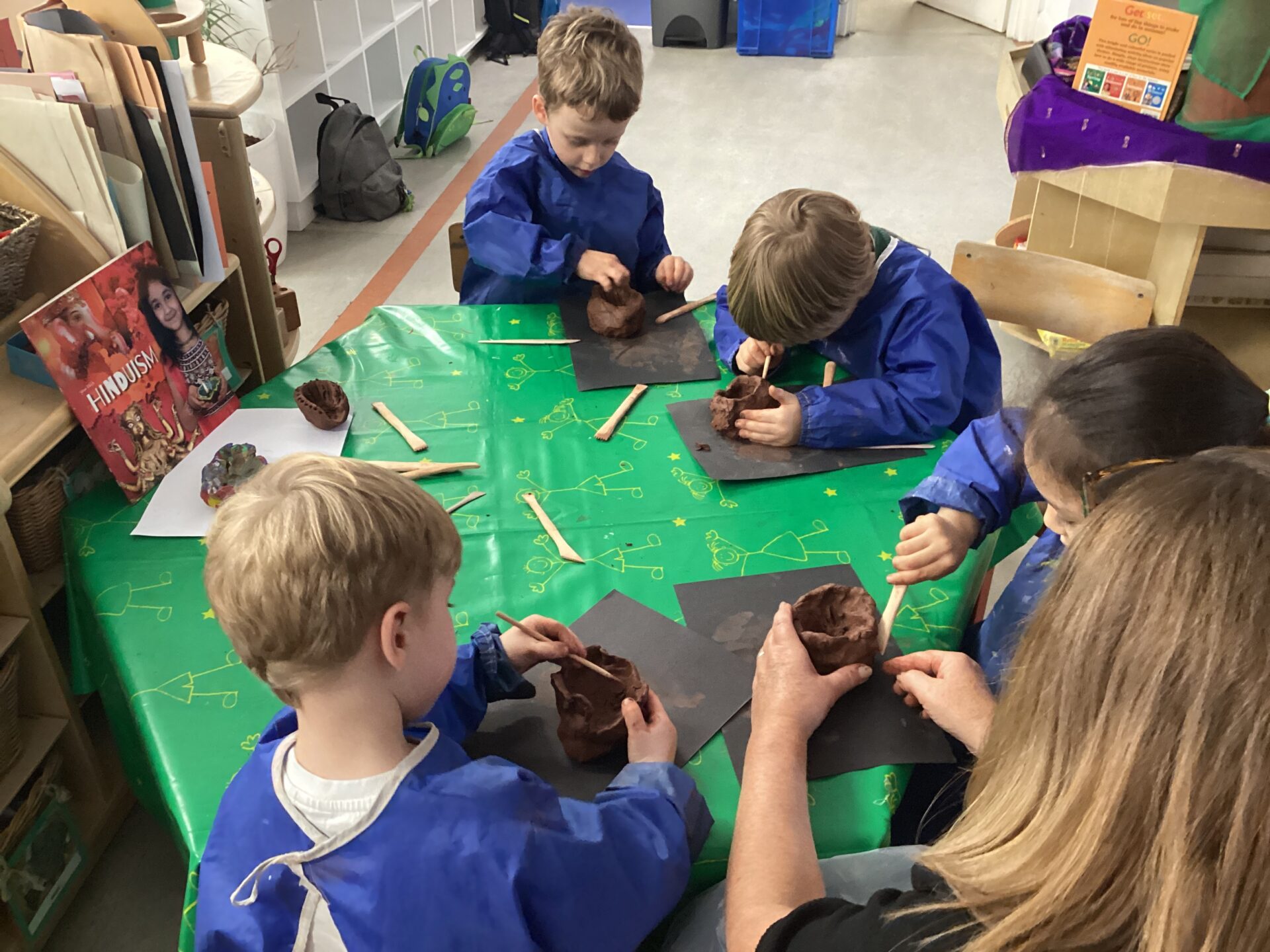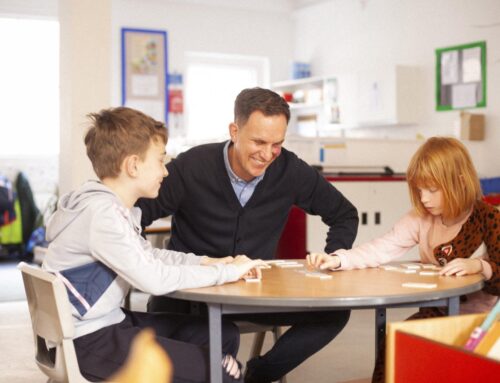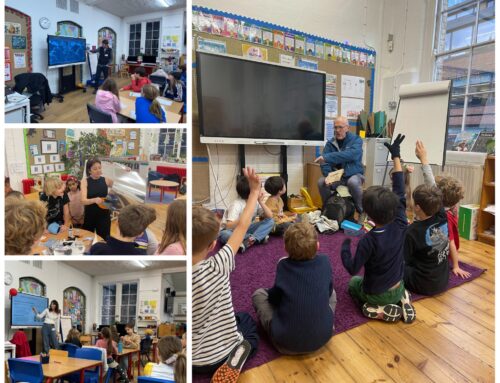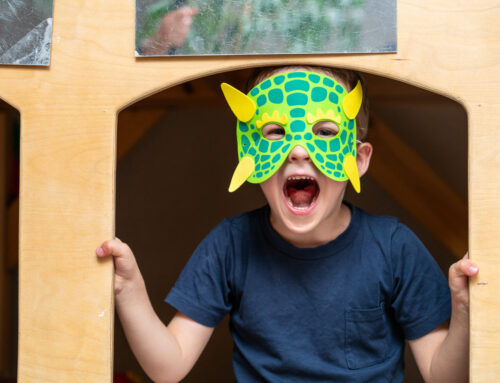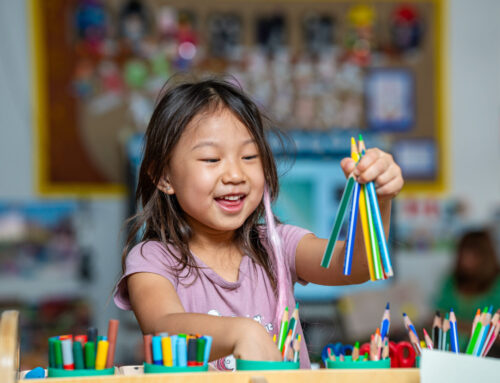By James Griffiths, Head of Dallington School
I was inspired to write this after reading Rhiannon Lucy Cosslett’s blog about the importance of play at school. At Dallington School, we believe that the most powerful learning happens when children can see its purpose and apply it to real life. Our approach brings education to life through play, discovery and investigation. Meaningful, hands-on experiences that connect directly to our RECIPE values from our youngest learners in Early Years through to our oldest children.
When children understand why they’re learning something and can see its practical application, their engagement and understanding deepen dramatically. Rather than learning in isolation, our children experience how different subjects interconnect and how knowledge translates into action through playful exploration and genuine investigation.
Our youngest children learn about the world through authentic, sensory play that makes learning tangible and memorable. When exploring festivals like Diwali or Chinese New Year, children don’t just hear about these celebrations, they live them. They visit local shops to buy ingredients, handle real foods and spices, help prepare traditional dishes, and of course, enjoy eating what they’ve made. At the Woodwork Station, children use real tools to explore materials, take calculated risks, and bring their creative ideas to life. Whether sawing, hammering, sanding or kneading dough, they discover that with the right tools and support, they can create something real.
Our middle years children step into history rather than simply reading about it. When studying the Romans, they make authentic shields and construct bridges, investigating engineering principles through making. Dressed in period costume, they visit real Roman sites in London, walking the same streets Romans built centuries ago. This multi-sensory approach transforms historical facts into lived understanding.
Our recent African Bake Off demonstrated how playful, purposeful projects can unite the curriculum for our older children. They investigated African countries, their cultures, climates and culinary traditions, discovering how geography influences food. Mathematical concepts became essential tools rather than abstract exercises as they measured ingredients, calculated ratios, budgeted for supplies and timed their bakes. Working in teams, they negotiated roles, supported one another and celebrated collective success.
What makes these experiences so powerful? Authentic challenges demand creative thinking and problem-solving. There’s rarely just one right answer when designing at the woodwork station, planning a Roman shield, or perfecting a recipe. Every child brings their own strengths, some excel at practical making, others at research and planning, and others at performance and presentation. All contributions are valued.
When learning has real stakes and real audiences, every step becomes meaningful and joyful. Children are creating something that matters, experiencing something memorable, or sharing something delicious. Through this playful, investigative approach, they develop deep understanding that connects knowledge across subjects, cultural awareness built through authentic experience, and agency, the understanding that their learning has purpose and impact. This equips them with the knowledge, skills and disposition to thrive in school and beyond.

